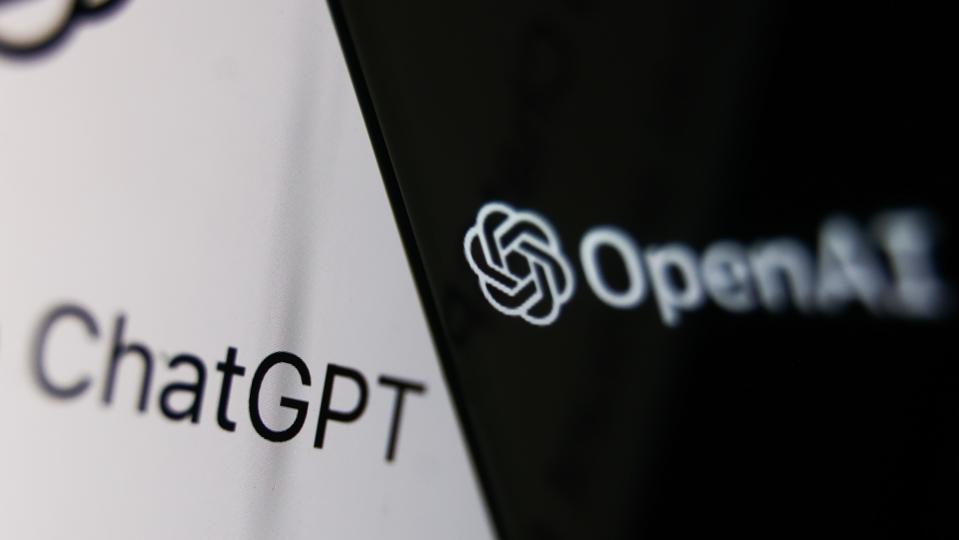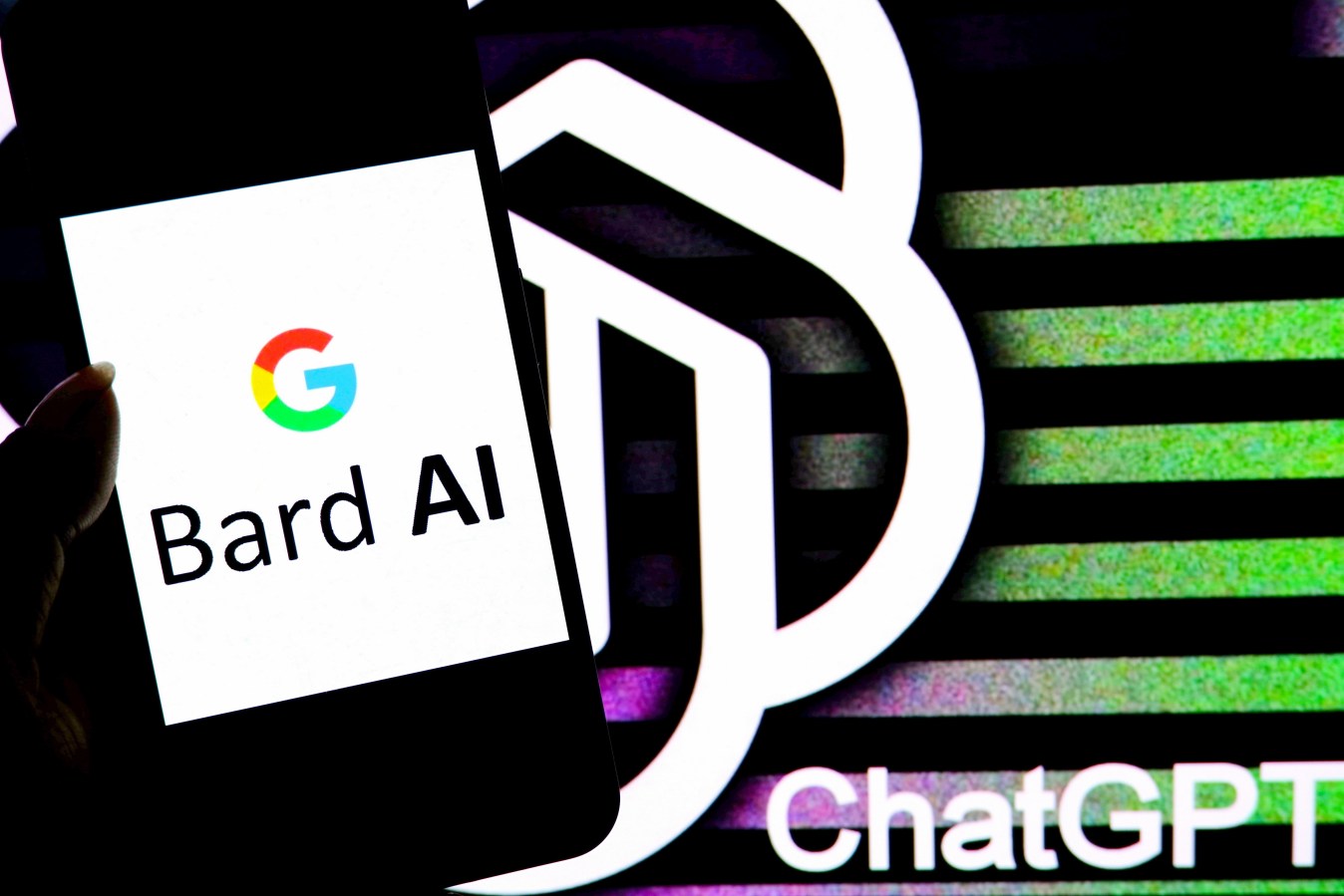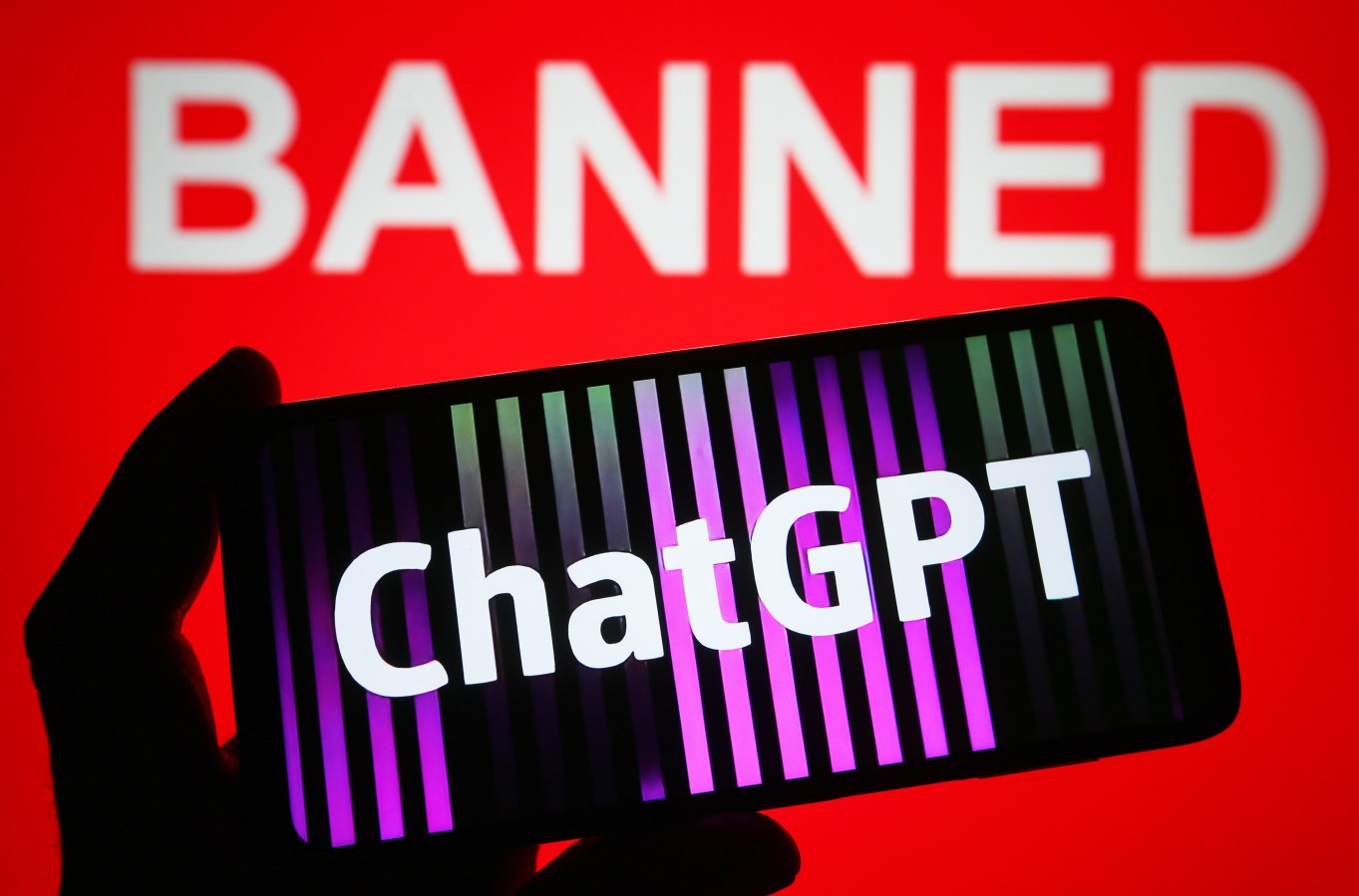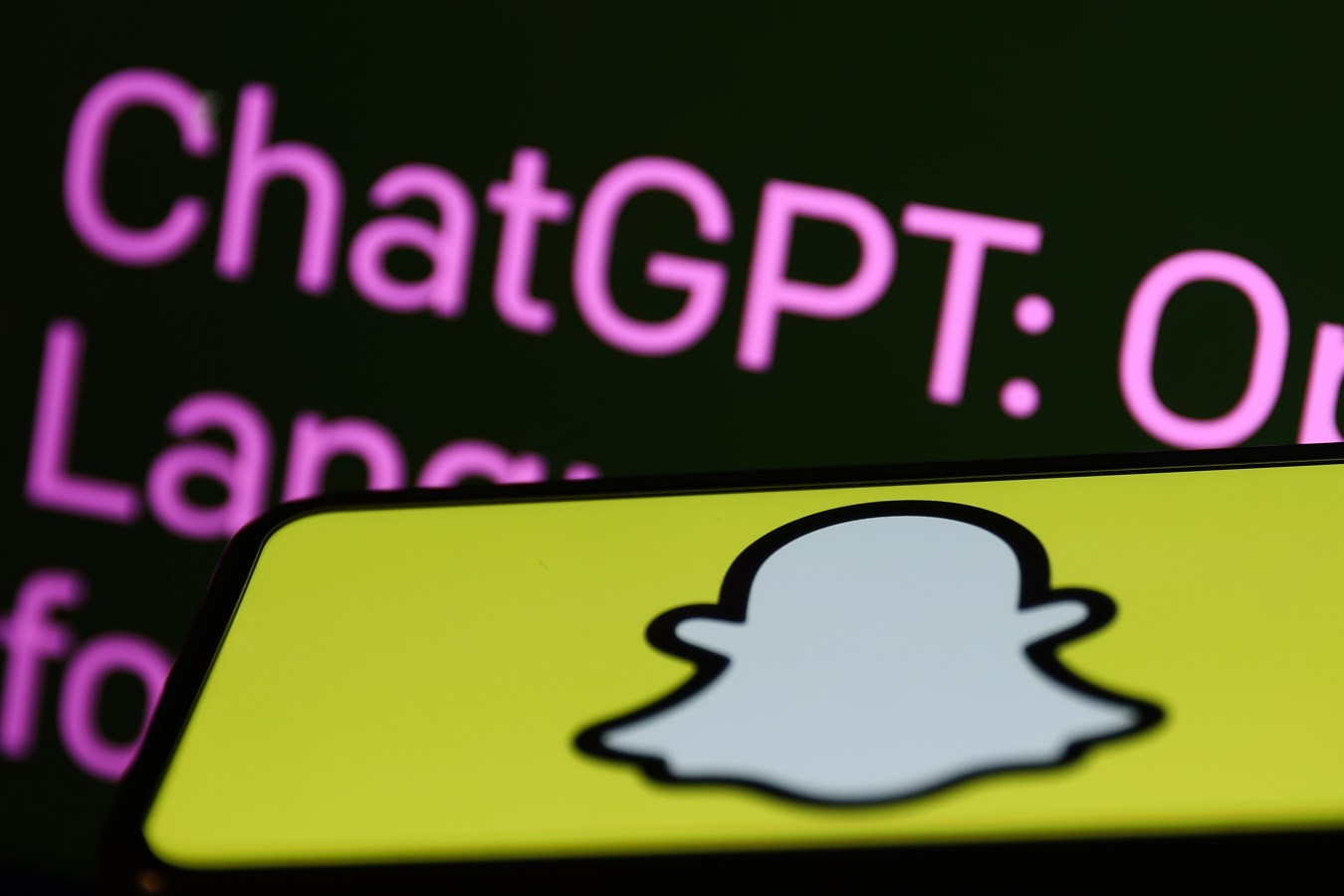OpenAI is launching a so-called bug bounty program to pay up to $20,000 to users who find glitches and security issues in its artificial intelligence products, including its highly advanced but controversial chatbot ChatGPT, as artificial intelligence faces heightened scrutiny from government officials and within the tech industry.

OpenAI is launching a “bug bounty program” to detect glitches in its chatbot ChatGPT.
NurPhoto via Getty Images
Key Facts
San Francisco-based OpenAI, announced in a blog post Tuesday it will provide up to $6,500 per glitch found through its bug bounty program, which it is rolling out with Bugcrowd Inc.
Under the program, people will be rewarded for finding and reporting unique glitches in the AI system that lead the company to change its code, with rewards based on the “likelihood or impact” of the glitch and determined at OpenAI’s sole discretion.
The company will pay $200 for “low-severity findings,” with the maximum possible total payout of $20,000.
Glitches eligible for cash rewards include those in ChatGPT—which is in its research review phase—as well as logins, plug-ins, payment issues and data exposure (users must keep those vulnerabilities confidential until authorized to release them by OpenAI).
In the blog post, the company said the program is intended to boost “transparency and collaboration,” and admitted: “While we work hard to prevent risks, we can’t predict every way people will use or misuse our technology in the real world.”
Key Background
OpenAI, which was founded in 2015, released ChatGPT to the public in November, drawing a surge of interest in AI software. Microsoft—already one of OpenAI’s backers—promised to invest an additional $10 billion into the company earlier this year, and began integrating an OpenAI-powered chat service into its Bing search engine. While ChatGPT has been used to write college-level essays and poetry, write computer code, plan meals and make budgets—often with human-like precision—it has also been found to provide incorrect responses to questions and contradict itself. Since ChatGPT’s public release, users have also attempted to push the product to its limits, including by feeding it prompts called “jailbreaks,” which attempt to cleverly work around built-in restrictions designed to prevent harmful activity, such as engaging in hate speech or providing details on how to commit a crime. Alex Albert, a computer science student at the University of Washington who created a website for jailbreak prompts, penned a Twitter thread last month running through some of ChatGPT’s vulnerabilities, leading OpenAI President Greg Brockman to suggest he’s “considering starting a bounty program.”
Chief Critic
Some experts have warned AI products can increase the risk of tricking people into believing seemingly legitimate misinformation is real, and could eventually replace employees in the workforce and help students cheat on exams. Tech executives, including Twitter CEO Elon Musk and Apple co-founder Steve Wozniak, have criticized the rise of AI, calling on developers to immediately pause work on them so their risks can be thoroughly assessed. In an open letter with more than 1,000 signatures, the tech leaders argued developers are engaged in an “out-of-control race” to create more advanced and powerful systems.
Tangent
OpenAI’s bug bounty program is not the first of its kind: Other companies have also provided money to people to discover glitches in their systems, including Amazon, AT&T, Bumble, Buzzfeed, Chime, Coinbase and Google Chrome.
News Peg
Biden Administration officials are also weighing potential regulations on AI systems, including ChatGPT and Google’s BardAI, but have not yet suggested any specific regulations. On Tuesday, the Commerce Department put out a public request for comment to solicit help for policymakers on how to introduce accountability measures.
Look back on the week that was with hand-picked articles from Australia and around the world. Sign up to the Forbes Australia newsletter here or become a member here.


